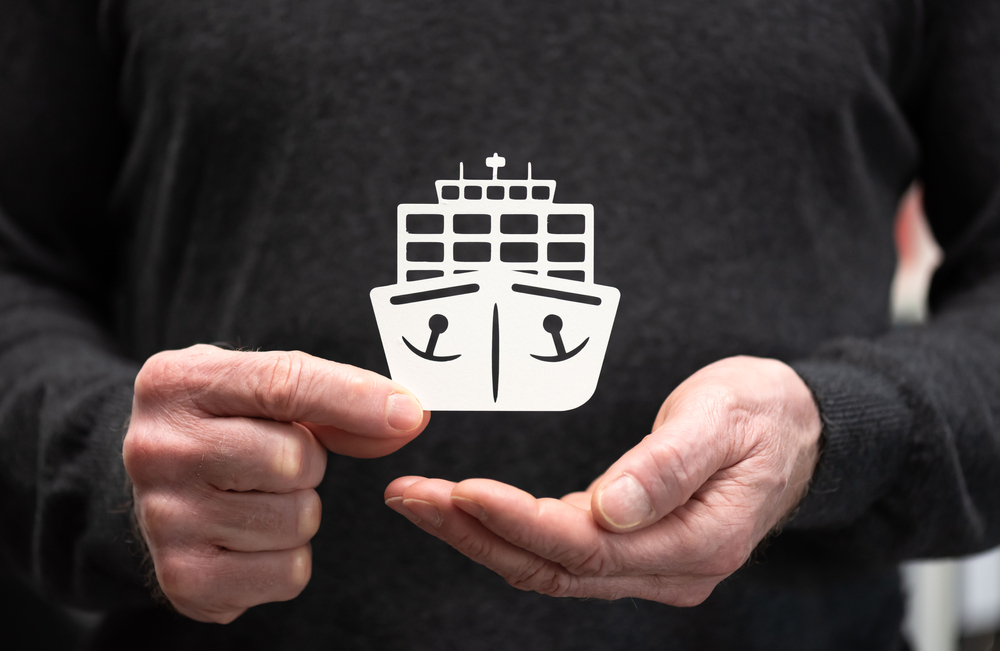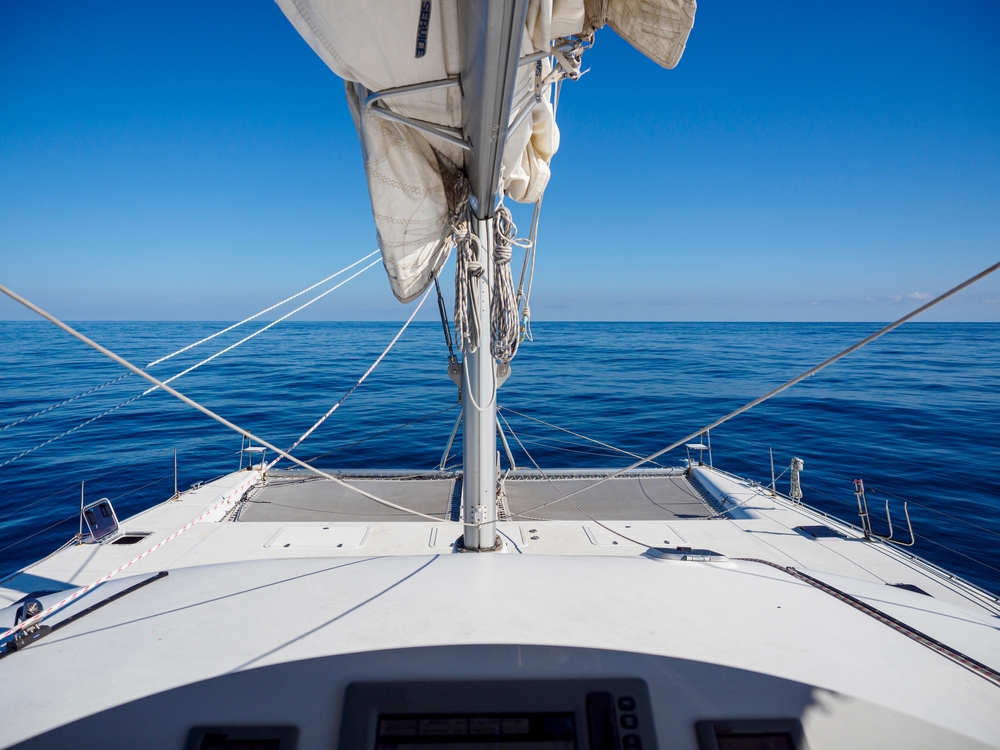If you’re a boat owner in Ontario looking for the best insurance coverage to protect your investment, having the proper techniques under your belt when you’re shopping is essential. Whether you’re a seasoned boater or just starting out, it’s crucial to have insurance that will cover you in case of an accident or damage to your watercraft. But with so many options out there, it can be tough to know where to start.
We put together a guide with tips on how to get the best boat insurance in Ontario, covering everything from understanding your coverage options and the factors that affect your premium to getting quotes and working with the right experts.
1. Know Your Coverage Options
When it comes to boat insurance in Ontario, there are different options available to protect your investment. Understanding these choices is crucial to selecting the right one for your needs.
Most policies offer the following coverages and have customizations and add-ons:
- Collision coverage: Covers damage to your boat in case of a collision with another vessel or object.
- Liability: This can protect you if you’re found responsible for injuring someone or damaging their property while using your boat.
- Comprehensive coverage: This covers non-collision incidents like theft, vandalism, or weather-related damage. This can also include emergency services, such as towing.
- Other coverage: Other options may be available to add to your policy, like personal property coverage.
It’s essential to select the right coverage for your needs and budget. For example, if you keep many high-valuable items in your boat, personal property coverage may be a priority add-on.
2. Understand the Factors that Affect Your Premium
Understanding the factors that affect your boat insurance premium in Ontario can help you make informed decisions when shopping for coverage. Here are some key factors to consider:
- Boat type: The type of boat you own can impact your insurance premium. Generally, larger and more powerful vessels cost more to insure than smaller ones.
- Use purposes: The purpose of your boat use can impact how much you’ll pay in premiums. For example, you may face higher rates if you use your watercraft for commercial purposes.
- Location: Local weather conditions and location-specific boating trends, like incident frequencies and crime rates, can affect your insurance rates.
- Additional features: Other onboard features, like GPS devices, depth finders, and alarm systems, can reduce your insurance rates.
- Claims history: If you have a paper trail of making claims on your boat insurance policy, you may face higher premiums.
Consider these factors when shopping for the best boat insurance in Ontario. If you’re getting quotes from different insurers, try to provide precise and detailed information about your boat, usage, and location. By doing so, you can get a more accurate picture of the insurance cost for your specific situation.
3. Get a Quote
Getting a quote is essential to understand the various boat insurance rates available. These estimates allow you to compare insurance coverage and pricing from different insurers. This can help you find the policy that offers the optimal value for your money. Additionally, getting a quote can give you a better idea of what to expect in terms of costs. Here are some tips to keep in mind when seeking estimates:
- Provide detailed information about your situation, keeping in mind the factors that impact insurance premiums, as discussed above.
- Ask questions — this can include asking about specific coverage, potential discounts, and the claims process.
4. Maintain a Good Boating Record
If you have a clean record, insurers will see you as “lower risk,” which often results in lower premiums. No claims or accidents in your name demonstrate that you’re a responsible boater and less likely to file a claim. Therefore, maintaining a good boating record can help you get the best boat insurance in Ontario. Here are some tips for safe boating:
- Consider taking boating safety courses.
- Check the weather conditions and water levels before setting sail.
- Maintain and inspect your boat regularly.
- Avoid operating your vessel under the influence.
- Ensure you and all passengers wear proper safety gear, like life jackets.
- Have a float plan and tell someone your intended route, destination, and estimated return time.
If you are involved in an accident or have to make a claim, reporting it as soon as possible is essential.
5. Work with an Experienced Insurance Broker
At Portside Marine Insurance, we work closely with local insurance brokers to help you get the policy you need for a stress-free boating experience. Enlisting the help of an experienced insurance broker who specializes in boat insurance can be highly beneficial. Here’s why:
- They have a wealth of knowledge: Brokers specializing in boat insurance know the ins and outs of both the insurance and boating industries. They can help you navigate this complex world, understand your coverage options, and find the best policy for your needs and budget.
- They offer personalized service: Brokers find the best options on your behalf. You can save time on personal research because they will make an effort to understand your situation and find policies that suit your unique needs.
When selecting an insurance broker, look for someone licensed with a good reputation. Consider asking for referrals from friends, family, or other boat owners. Additionally, ensure these experts have experience working with boat owners and understand the unique insurance needs of this industry. Insurance brokers that don’t specialize in boat policies may offer bundling options without the expertise to ensure you’re covered for all unique and complex scenarios.
Find the Best Boat Insurance in Ontario
While boat insurance is not legally required in Ontario, it’s essential for any watercraft owner because it provides peace of mind and coverage for accidents, theft, or other unexpected events. You can find the best policies for your unique circumstances by following these tips.
At Portside Marine Insurance, we offer customizable boat insurance policies to help you protect your precious investment. Get a quote or contact us today to get started and explore your options.





